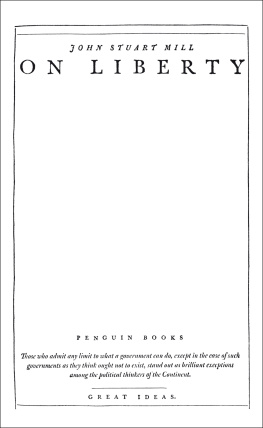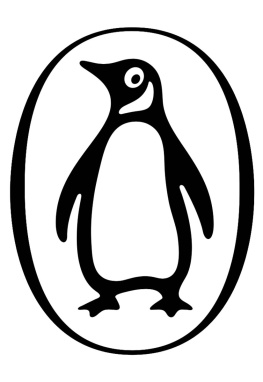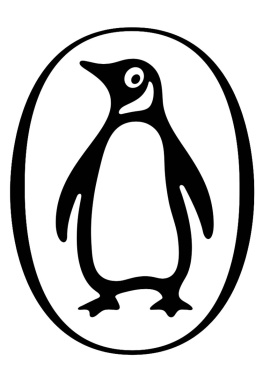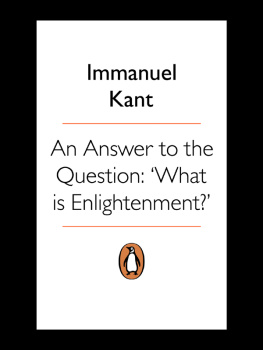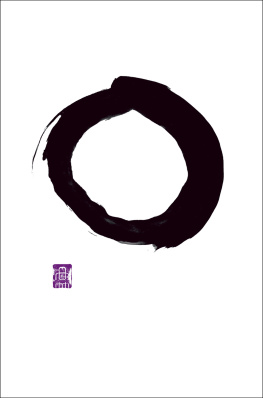Michel de Montaigne
On Solitude
TRANSLATED BY M. A. SCREECH
PENGUIN BOOKS GREAT IDEAS
PENGUIN BOOKS
Published by the Penguin Group
Penguin Books Ltd, 80 Strand, London WC2R 0RL , England
Penguin Group (USA) Inc., 375 Hudson Street, New York, New York 10014, USA
Penguin Group (Canada), 90 Eglinton Avenue East, Suite 700, Toronto, Ontario, Canada M4P 2Y3
(a division of Pearson Penguin Canada Inc.)
Penguin Ireland, 25 St Stephens Green, Dublin 2, Ireland
(a division of Penguin Books Ltd)
Penguin Group (Australia), 250 Camberwell Road, Camberwell, Victoria 3124, Australia
(a division of Pearson Australia Group Pty Ltd)
Penguin Books India Pvt Ltd, 11 Community Centre, Panchsheel Park, New Delhi 110 017, India
Penguin Group (NZ), 67 Apollo Drive, Rosedale, North Shore 0632, New Zealand
(a division of Pearson New Zealand Ltd)
Penguin Books (South Africa) (Pty) Ltd, 24 Sturdee Avenue, Rosebank, Johannesburg 2196, South Africa
Penguin Books Ltd, Registered Offices: 80 Strand, London WC2R 0RL , England
www.penguin.com
This translation first published in Penguin Classics 1991
This edition first published in Penguin Books 2009
Translation copyright M. A. Screech 1991
All rights reserved
Except in the United States of America, this book is sold subject to the condition that it shall not, by way of trade or otherwise, be lent, re-sold, hired out, or otherwise circulated without the publishers prior consent in any form of binding or cover other than that in which it is published and without a similar condition including this condition being imposed on the subsequent purchaser
www.greenpenguin.co.uk
Penguin Books is committed to a sustainable future for our business, our readers and our planet. The book in your hands is made from paper certified by the Forest Stewardship Council.
ISBN: 978-0-14-195661-9
Michel de Montaigne
15331592
On Solitude
Let us leave aside those long comparisons between the solitary life and the active one; and as for that fine adage used as a cloak by greed and ambition, That we are not born for ourselves alone but for the common weal, let us venture to refer to those who have joined in the dance: let them bare their consciences and confess whether rank, office and all the bustling business of the world are not sought on the contrary to gain private profit from the common weal. The evil methods which men use to get ahead in our century clearly show that their aims cannot be worth much.
Let us retort to ambition that she herself gives us a taste for solitude, for does she shun anything more than fellowship? Does she seek anything more than room to use her elbows?
The means of doing good or evil can be found anywhere, but if that quip of Bias is true, that the evil form the larger part, or what Ecclesiasticus says, One good man in a thousand have I not found.
Rari quippe boni: numero vix sunt totidem, quot
Thebarum port, vel divitis ostia Nili.
[Good men are rare: just about as many as gates in the walls of Thebes or mouths to the fertile Nile.]
then contagion is particularly dangerous in crowds. Either you must loathe the wicked or imitate them. It is dangerous both to grow like them because they are many, or to loathe many of them because they are different.
Sea-going merchants are right to ensure that dissolute, blasphemous or wicked men do not sail in the same ship with them, believing such company to be unlucky. That is why Bias jested with those who were going through the perils of a great storm with him and calling on the gods for help: Shut up, he said, so that they do not realize that you are here with me. And (a more pressing example) when Albuquerque, the Viceroy of India for Emmanuel, King of Portugal, was in peril from a raging tempest, he took a boy on his shoulders for one reason only: so that by linking their fates together the innocence of that boy might serve him as a warrant and intercession for Gods favour and so bring him to safety.
It is not that a wise man cannot live happily anywhere nor be alone in a crowd of courtiers, but Bias says that, if he has the choice, the wise man will avoid the very sight of them. If he has to, he will put up with the former, but if he can he will choose the other. He thinks that he is not totally free of vice if he has to contend with the vices of others.
Those who haunted evil-doers were chastised as evil by Charondas.
There is nothing more unsociable than Man, and nothing more sociable: unsociable by his vice, sociable by his nature. And Antisthenes does not seem to me to have given an adequate reply to the person who reproached him for associating with the wicked, when he retorted that doctors live among the sick: for even if doctors do help the sick to return to health they impair their own by constantly seeing and touching diseases as they treat them.
Now the end I think is always the same: how to live in leisure at our ease. But people do not always seek the way properly. Often they think they have left their occupations behind when they have merely changed them. There is hardly less torment in running a family than in running a whole country. Whenever our soul finds something to do she is there in her entirety: domestic tasks may be less important but they are no less importunate. Anyway, by ridding ourselves of Court and market-place we do not rid ourselves of the principal torments of our life:
ratio et prudentia curas,
Non locus effusi late maris arbiter, aufert.
[it is reason and wisdom which take away cares, not places affording wide views over the sea.]
Ambition, covetousness, irresolution, fear and desires do not abandon us just because we have changed our landscape.
Et post equitem sedet atra cura.
[Behind the parting horseman squats black care.]
They often follow us into the very cloister and the schools of philosophy. Neither deserts nor holes in cliffs nor hair-shirts nor fastings can disentangle us from them:
haerit lateri letalis arundo.
[in her side still clings that deadly shaft.]
Socrates was told that some man had not been improved by travel. I am sure he was not, he said. He went with himself!
Quid terras alio calentes
Sole mutamus? patria quis exul
Se quoque fugit?
[Why do we leave for lands warmed by a foreign sun? What fugitive from his own land can flee from himself ?]
If you do not first lighten yourself and your soul of the weight of your burdens, moving about will only increase their pressure on you, as a ships cargo is less troublesome when lashed in place. You do more harm than good to a patient by moving him about: you shake his illness down into the sack, just as you drive stakes in by pulling and waggling them about. That is why it is not enough to withdraw from the mob, not enough to go to another place: we have to withdraw from such attributes of the mob as are within us. It is our own self we have to isolate and take back into possession.
Rupi jam vincula dicas:
Nam luctata canis nodum arripit; attamen illi,
Cum fugit, a collo trahitur pars longa caten.
[I have broken my chains, you say. But a struggling cur may snap its chain, only to escape with a great length of it fixed to its collar.]
We take our fetters with us; our freedom is not total: we still turn our gaze towards the things we have left behind; our imagination is full of them.
Nisi purgatum est pectus, qu prlia nobis
Atque pericula tunc ingratis insinuandum?
Quant conscindunt hominem cuppedinis acres



